Therefore, we are prepared for a very broad range of interest rates, from 2% to 8% or even more, with equally wide-ranging economic outcomes — from strong economic growth with moderate inflation (in this case, higher interest rates would result from higher demand for capital) to a recession with inflation; i.e., stagflation.
Jamie Dimon, Chairman and CEO Letter to Shareholders, JPMorgan Chase & Co 2023 Annual Report, April 8, 2024
After a two-year drought, the S&P 500 stock market index reached a new all-time high on January 19, 2024, surpassing the previous high reached at the beginning of 2022. A series of new highs followed in late January and into February and March, putting an exclamation point on the end of the two-year slump in stocks and the beginning of a new bull market.
During those two long years for stock market investors there were a number of significant challenges:
- Inflation spiked up to a 9.0% year-over-year change in June of 2022 (March 2024’s year-over-year CPI recently came in at plus 3.5%);
- The Federal Reserve (the Fed) raised the Fed funds overnight interest rate eleven times by a total of 5.25%, ending in the range of 5.25% – 5.50% (where it still stands today);
- The S&P 500 entered an earnings recession from the fourth quarter of 2022 through the second quarter of 2023;
- There was a short run of bank failures in the Spring of 2023, including Silicon Valley Bank, Signature Bank, and First Republic Bank;
- The ISM Manufacturing Index contracted for sixteen straight months, before turning up this March; and,
- The S&P 500 dropped 25% from peak to trough.
Importantly, underpinned by relentless post-pandemic consumer spending and strong employment, the U.S. economy was able to overcome those challenges. Rather than fall into a much-anticipated recession, U.S. Real Gross Domestic Product (GDP) grew 1.9% in 2022 and 2.5% in 2023. In all, to paraphrase an almost infinite number of financial articles in the last couple of years, the U.S. economy has remained remarkably resilient.
The chart below tracks the total return (based on price and dividends) of three funds: 1) S&P 500 (the green line), 2) the equal-weight S&P 500 (the blue line), and 3) the Aggregate Bond Index (the orange line). From 12/31/21 through 3/31/24, the S&P 500 earned a total of 14.10%, the equal weight S&P 500 earned 8.29%, and the Aggregate bond index lost (-7.40%).
A couple of things to note about the performance differentials between the three funds are: 1) The traditional S&P 500 fund is dominated by the largest market capitalized-weighted stocks in the index (think Microsoft), while the equal-weighted S&P 500 fund is based on the average return of all the stocks in the index. Historically, the performance between the two diverge and then reverse, but the divergence can go on for long periods of time. Since the current bull market began, big cap stocks have clearly been outperforming the average stock. 2) While a position in the Aggregate Bond fund helped investors by going down less during the bear market in stocks, it has been a drag on a portfolio since stocks have recovered. Compared to the end of 2021, and thanks to the eleven interest rate hikes by the Fed, the dividend paid on the Aggregate Bond fund is currently running at a much more attractive level (with a 4.5% yield). For the conservative portion of a portfolio, it is an attractive diversification away from the risks in stocks.
At Peak, we are longtime readers of Jamie Dimon’s shareholder letters. In the quote that opened this letter, rather than prognosticating about our economic future, he is laying out a wide range of scenarios that he is working to prepare JPMorgan for. He is a true risk manager who, over time, has succeeded by being in a position to take advantage of opportunities when risks rise. As he concluded in the paragraph that I selected the quote from, “Importantly, being prepared means we can continue to help our clients no matter what the future portends.” Peak and I couldn’t agree more.
We hope this letter finds you and your family well. We appreciate your business, and we continue to work hard to earn the trust that you have placed in us. Please let us know if you have a friend or a family member who could use our assistance.
John McCorvie, CFA
Advisory Services offered through Peak Asset Management, LLC, an SEC registered investment advisor. The opinions expressed and material provided are for general information, and they should not be considered a solicitation for the purchase or sale of any security. The information in this material is not intended as tax or legal advice. Please consult legal or tax professionals for specific information regarding your individual situation. This content is developed from sources believed to be providing accurate information and may have been developed and produced by a third party to provide information on a topic that may be of interest. This third party is not affiliated with Peak Asset Management. It is not our intention to state or imply in any manner that past results are an indication of future performance. Copyright © 2024 Peak Asset Management
share article
Get our latest insights
Subscribe to our quarterly newsletter for all the latest news and information about investing and financial planning.


